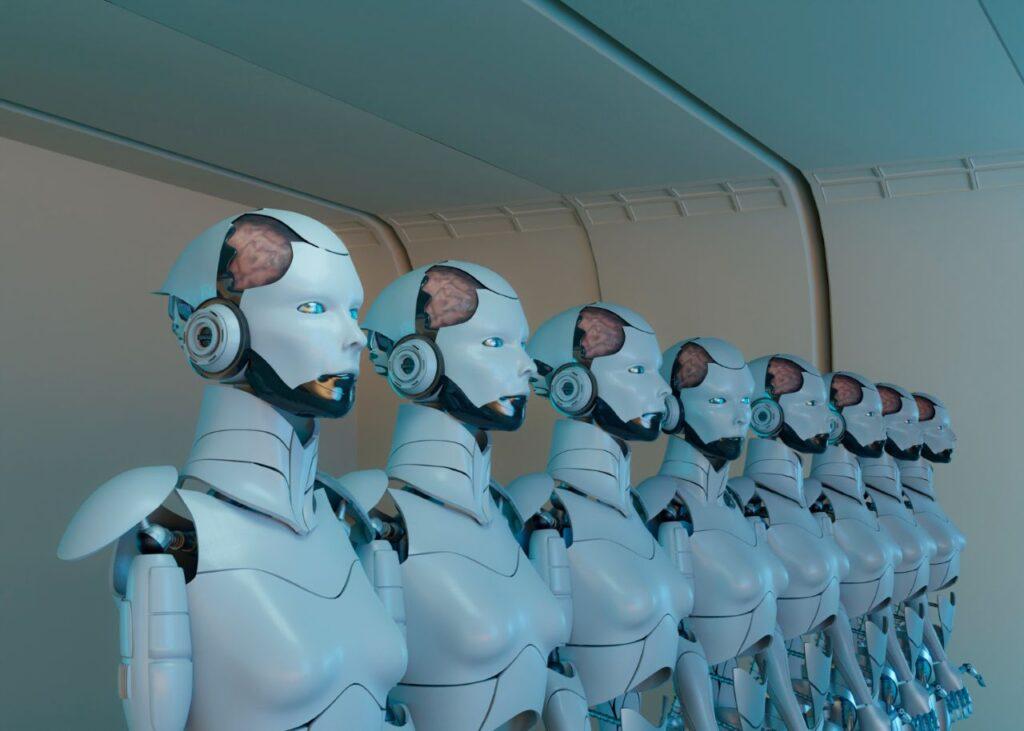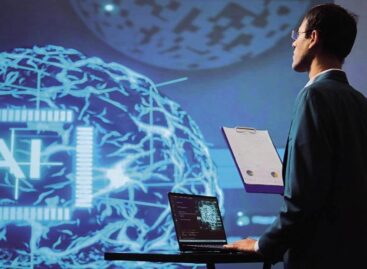Twenty-two out of a hundred Hungarians are afraid of humanoid robots
If someone has an extra 12–14 million forints, they can buy a humanoid robot in Hungary from January. But what do Hungarians think about this technology and artificial intelligence (AI)? Can they imagine a robot winning gold in a sport at the Olympics in the future? Or even AI winning the Nobel Prize? Would they consult an AI doctor or an AI lawyer? We present the results of the latest international representative research.
 Although three-quarters of Hungarians are familiar with humanoid robot technology, they believe that it will not determine our lives within 10 years. The Hungarian population, like artificial intelligence, is also plagued by doubts about robots. 16 percent of them said that humanoid and service robots will have a positive impact on our lives, while twenty-two out of a hundred Hungarians are still afraid of them. This is not the case with artificial intelligence, in which more than half of Hungarians believe that cooperation with AI will have the greatest impact on our everyday lives in the next decade. This research also confirmed: every second Hungarian fears that artificial intelligence could endanger or take away their job in the future.
Although three-quarters of Hungarians are familiar with humanoid robot technology, they believe that it will not determine our lives within 10 years. The Hungarian population, like artificial intelligence, is also plagued by doubts about robots. 16 percent of them said that humanoid and service robots will have a positive impact on our lives, while twenty-two out of a hundred Hungarians are still afraid of them. This is not the case with artificial intelligence, in which more than half of Hungarians believe that cooperation with AI will have the greatest impact on our everyday lives in the next decade. This research also confirmed: every second Hungarian fears that artificial intelligence could endanger or take away their job in the future.
An interesting fact is that almost every second Hungarian believes that humanoid robots controlled by AI could set world records in most Olympic sports in the future. This rate is higher at the global level, at 55 percent. Moreover, AI can not only excel at the Olympics, but similarly to the international result (45%), 43 percent of the Hungarian population believe that it could even win the Nobel Prize in the future.
Although Hungarians are generally more skeptical about technology and the latest developments in the data-driven world, 39 percent of them say that if artificial intelligence were advanced enough, they would use an AI assistant in their everyday lives, to manage their appointments or do housework. Hungarians would also be happy to consult with an AI doctor (39%) or an AI lawyer (27%), and would even use an AI teacher (37%) to improve their knowledge. Sixteen out of a hundred Hungarians would not hesitate to have an AI friend, but only 13 percent of Hungarians can imagine having an AI clone of themselves, and even fewer (8%) would establish a relationship with an AI love partner.
Related news
Related news
Carnival madness at Auchan
🎧 Hallgasd a cikket: Lejátszás Szünet Folytatás Leállítás Nyelv: Auto…
Read more >







